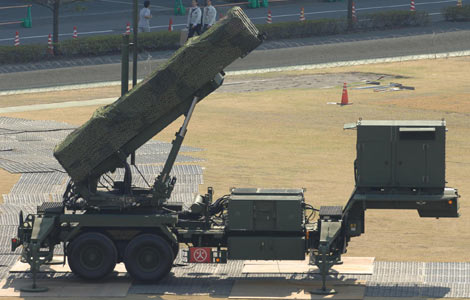 |
|
|
|
|||||||||||
An investigation has found no problem with the promotion of 35 government officials in a northern China city, although several were under 18 when they started employment.
The organization and personnel department of Changzhi city, in Shanxi province, launched the investigation after a government notice of the promotions, published last week in Changzhi Daily newspaper, caused suspicion that child labor had been used.
But a department official, who did not wish to be named, said eight of the promoted officials had started employment at a relatively early age due to "the former system of schooling and military recruitment".
One of them, Wang Rui, said he started studying radio operations at an air force technical school in Beijing in 1996, when he was 14 and had graduated from a junior middle school in Shanxi.
China's Military Service Law states that a term of military service or study at a military school can be counted as a working period.
"So theoretically, I started working once I joined the technical school, even though I was not employed," 30-year-old Wang said.
Wang said he passed the entrance exam for civil servants in 2005, when he was released from military service, and was recruited by the general office of the Chinese People's Political Consultative Conference, Changzhi committee.
Li Yiguang, deputy secretary-general of the Changzhi committee, said Wang was hardworking.
Wang said he had received many phone calls after the promotion notice was published, and denied allegations made by many that he was the son of a high-ranking official. "My mother works in an office, collecting and compiling historical documents of the Communist Party of China, and my father does not work in the government," he said.
However, Zhu Lijia, a professor at the Chinese Academy of Governance, said that, despite the legitimacy of the promotions, the issue had revealed a deep public distrust in the government's personnel matters.
Zhu said the public has little involvement in the employment of civil servants because notices of government appointments, removals and promotions are too formal and lack personal information.
"But it is the people's right to know more about the civil servants, including some personal information, as they are paid by taxes," he said.

|

|

|

|

|

|